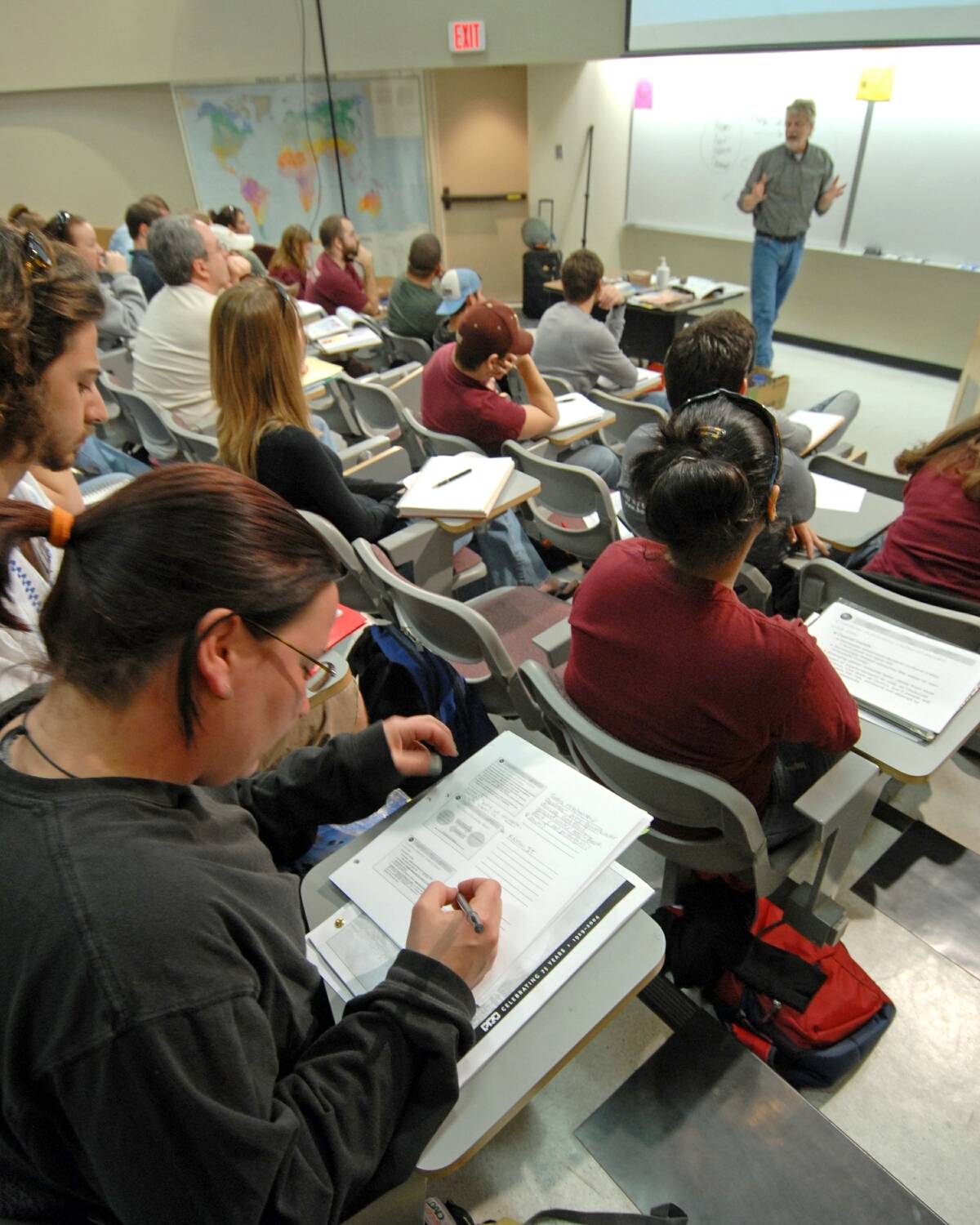Comprehensive Exams

Comprehensive Exam Procedures
End of Program Portfolio and Comprehensive Oral Exam
In order to graduate from the Reading Masters Program at Texas State University and/or be qualified to take the Texas Reading Specialist Exam, students create and present an End of Program Portfolio and take a Comprehensive Oral Exam. These performance assessments are completed during the semester that students take RDG 6333 (a spring semester). These two cumulative assessments are meant to evaluate a student's depth and breadth of literacy learning, instruction, and research. Together, they are referred to as the comprehensive exams, or “comps.”
The portfolio and oral exam are based on the three strands listed below. These strands align with the Texas Reading Specialization Standards and the International Literacy Association Expectations for Reading Specialists/Literacy Coaches. The End of Program Portfolio includes a 5-6 page narrative essay (three total essays) and two artifacts for each strand.
1. Literacy Theory and Research, EC-12
(State of Texas I and II & ILA Standard 1 and 5: Foundational Knowledge and Literate Environment)
2. Literacy Assessment and Evaluation, EC-12
(State of Texas II and III & ILA Standards 3 and 6: Assessment and Evaluation and Professional Learning and Leadership)
3. Literacy Instruction for all Learners, EC-12
(State of Texas II, III, and IV & ILA Standards 2 and 4: Curriculum and Instruction, and Diversity)
State of Texas
I. Instruction and Assessment: Components of Literacy
II. Instruction and Assessment: Resources and Procedures
III. Meeting the Needs of Individual Students
IV. Professional Knowledge and Leadership
International Reading Association (2010 Standards)
Standard 1. Foundational Knowledge
Reading Specialist/Literacy Coach Candidates understand the theoretical and evidence-based foundations of reading and writing processes and instruction.
Standard 2. Curriculum and Instruction
Candidates use instructional approaches, materials, and an integrated, comprehensive, balanced curriculum to support student learning in reading and writing.
Standard 3. Assessment and Evaluation
Candidates use a variety of assessment tools and practices to plan and evaluate effective reading and writing instruction.
Standard 4. Diversity
Candidates create and engage their students in literacy practices that develop awareness, understanding, respect, and a valuing of differences in our society.
Standard 5. Literate Environment
Candidates create a literate environment that fosters reading and writing by integrating foundational knowledge, instructional practices, approaches and methods, curriculum materials, and the appropriate use of assessments.
Standard 6. Professional Learning and Leadership
Candidates recognize the importance of, demonstrate, and facilitate professional learning and leadership as a career-long effort and responsibility.
